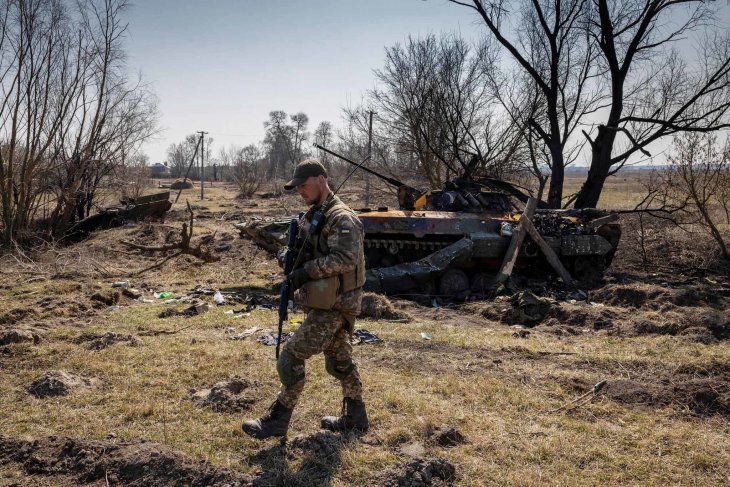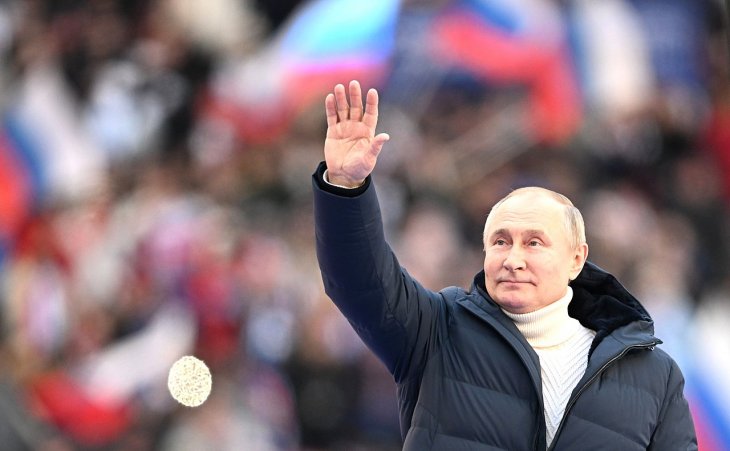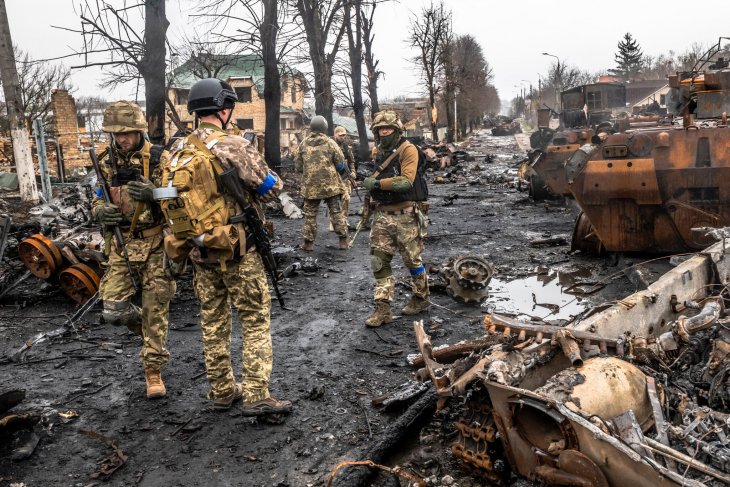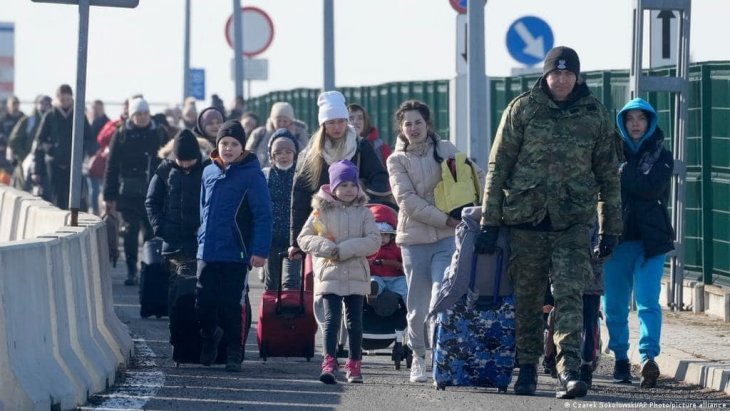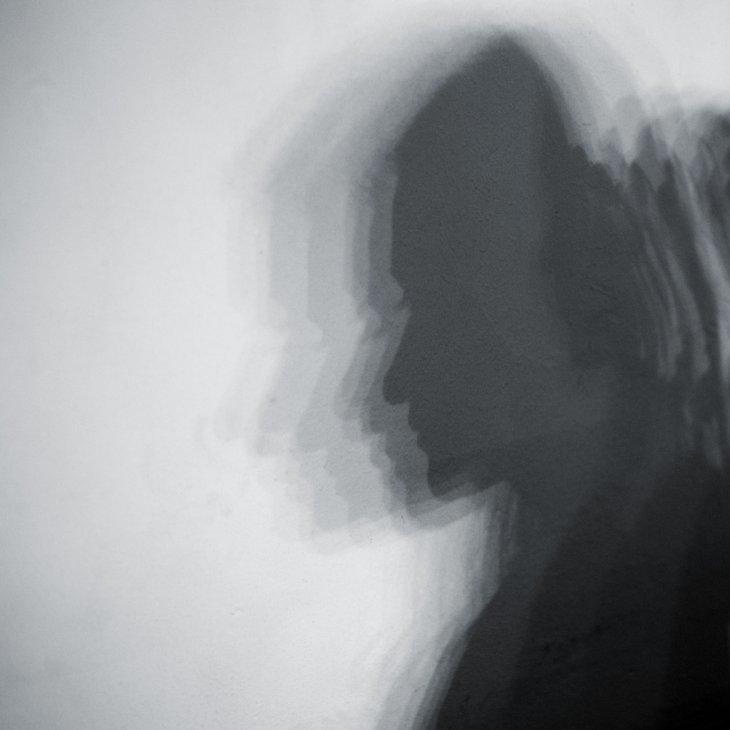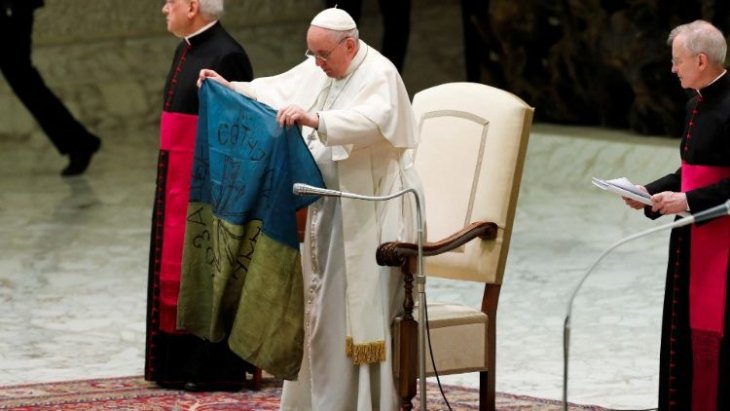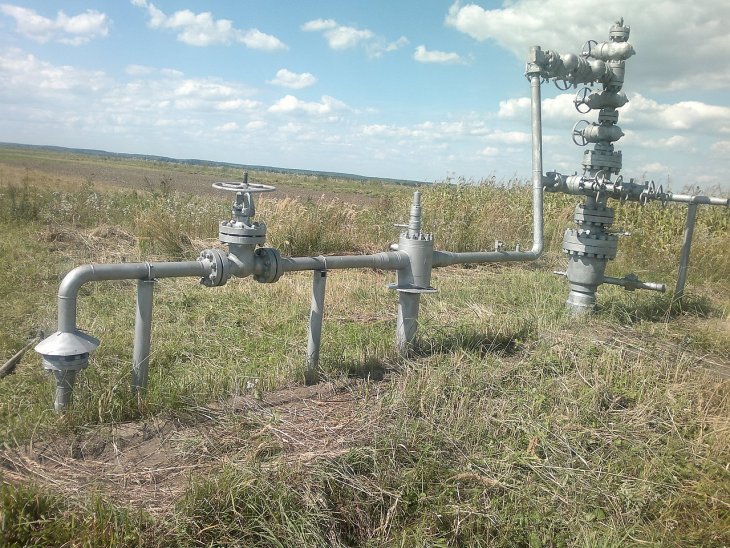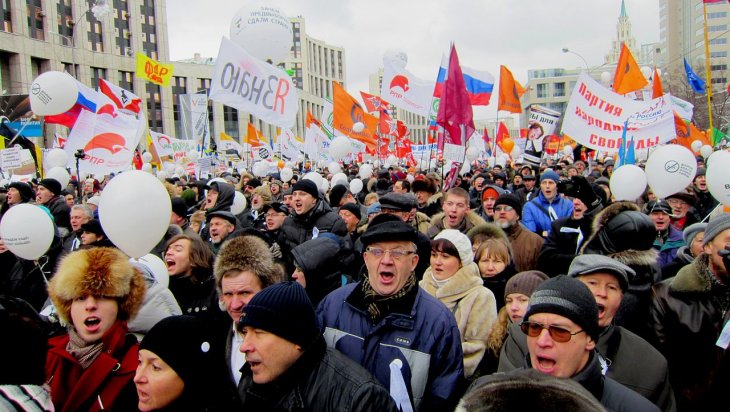Predictions of a decisive offensive in Donbass and speculations about peace talks have gained new intensity in both Russian propaganda and Western commentary last week – and neither makes much sense.
Artillery and air strikes on the solid Ukrainian defense lines in several key directions on the battle for Donbass have escalated, but Russian battalions, exhausted by two months of unexpectedly hard fighting (and two moths of winter camping prior to invasion) are unable to gain any ground.
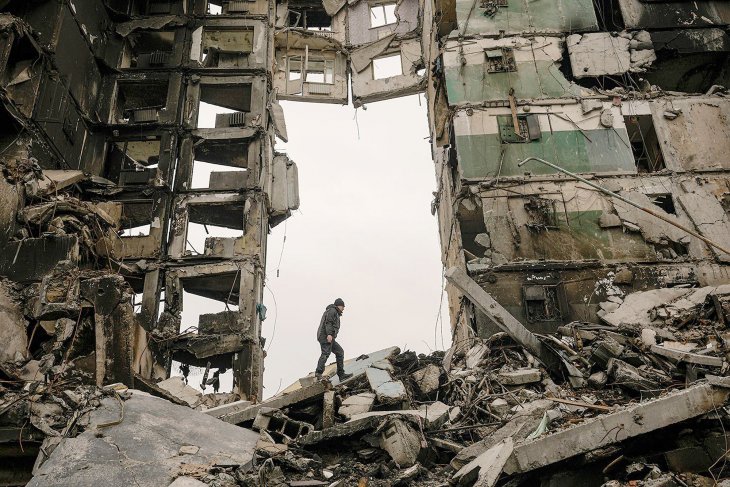
Borodyanka, Ukraine, Tuesday, April 5, 2022. AP Photo/Vadim Ghirda/Flickr/CC BY-2.0
The visit to Moscow and Kyiv scheduled by UN Secretary General Antonio Guterres for this week (after both countries celebrated Orthodox Easter) is well-intended but most probably fruitless, as President Volodymyr Zelensky can only confirm his readiness to meet with President Vladimir Putin and the latter will blame Ukraine for sabotaging negotiations and reiterate the message given to Charles Michel, President of the European Council (RIA-Novosti, April 22).Read More
